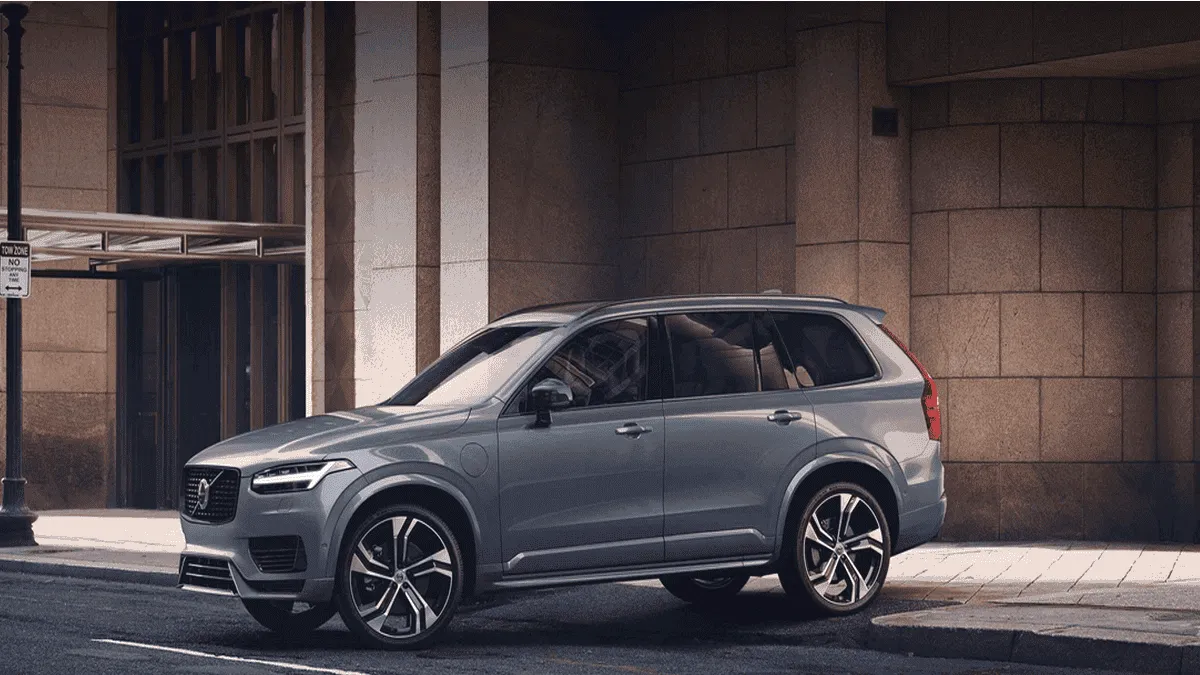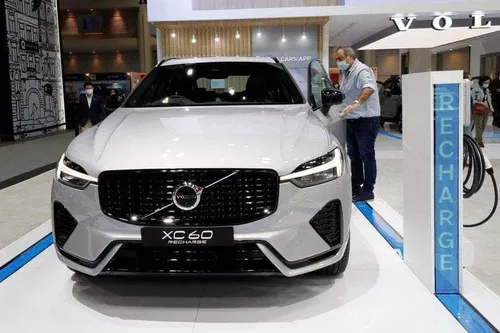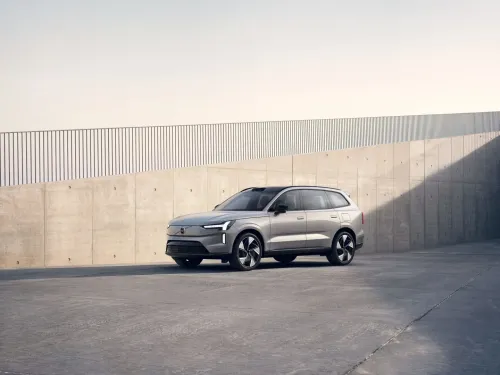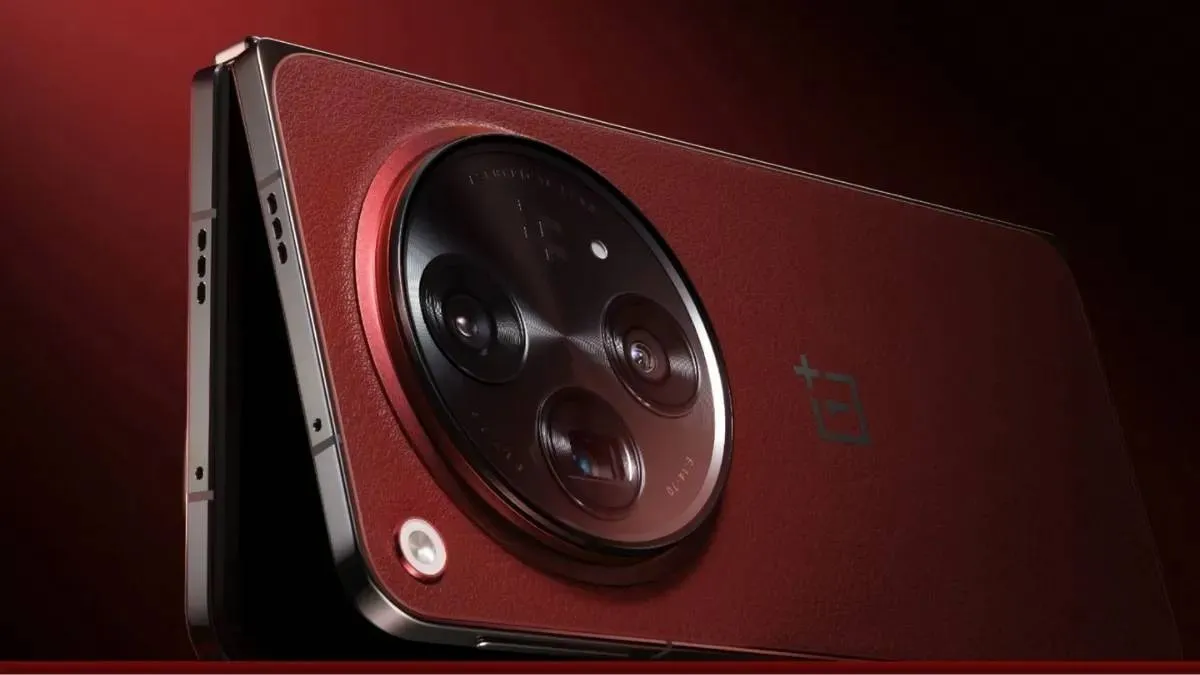Electric cars could be as cheap petrol as cars by 2025 - Volvo explains
TechSunday, 13 November 2022 at 00:56

Volvo Cars announced its plan to achieve 100% electric cars by 2030. According to the company, to achieve this, Volvo will divest 33% of the shares of Aurobay. This is a joint venture with Geely Holding. With this, it will completely withdraw from participation in the development and manufacture of internal combustion engines. The move represents Volvo as the first automaker to completely withdraw from the development and manufacture of internal combustion engines. Volvo claims that by 2025, 50% of its global sales will be pure electric vehicles. The other 50% will be hybrid vehicles. Also, by 2030, the brand will fully switch to the production of pure electric vehicles.

At the moment, electric cars are quite expensive. The pandemic and shortage of chips are some of the reasons for the high prices. Also, the high cost of lithium batteries and high gasoline price increases the demand for electric vehicles. This high demand makes it difficult for electric cars to cut prices.
Electric cars prices keep rising
The prices of some lithium battery materials are rising. Battery-grade lithium carbonate increased by 2,500 yuan ($352)/ton. It has an average price of 590,000 yuan ($83,000)/ton. Also, industrial-grade lithium carbonate increased by 2,500 yuan ($352)/ton. It has an average price of 577,500 yuan ($81,250). These materials continue to hit new record highs.

In this regard, Volvo CEO, Jim Rowan reveals some of the company's plans. He claims that by 2025, its electric vehicles will be as cheap as gasoline vehicles. He believes that there will be enough technology to reduce battery costs. Rowan claims new technologies will increase range. They will also enable a longer range with smaller batteries while bringing lower costs. Rowan also notes that automakers shouldn't rely on government subsidies. They must figure out a way to produce EVs "that people want and can afford". Volvo has a new EX90 three-row, seven-seat mid-size electric SUV. This car will be the replacement for the current XC90.
Popular News
Latest News
Loading






